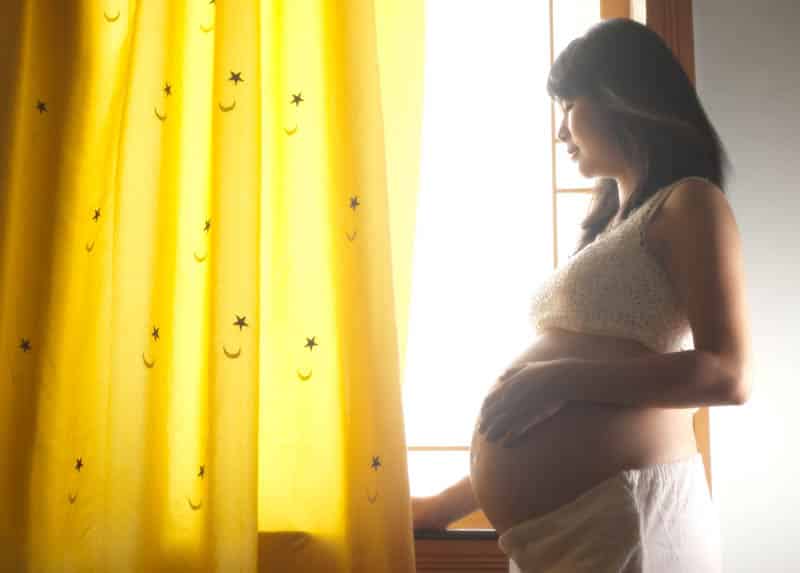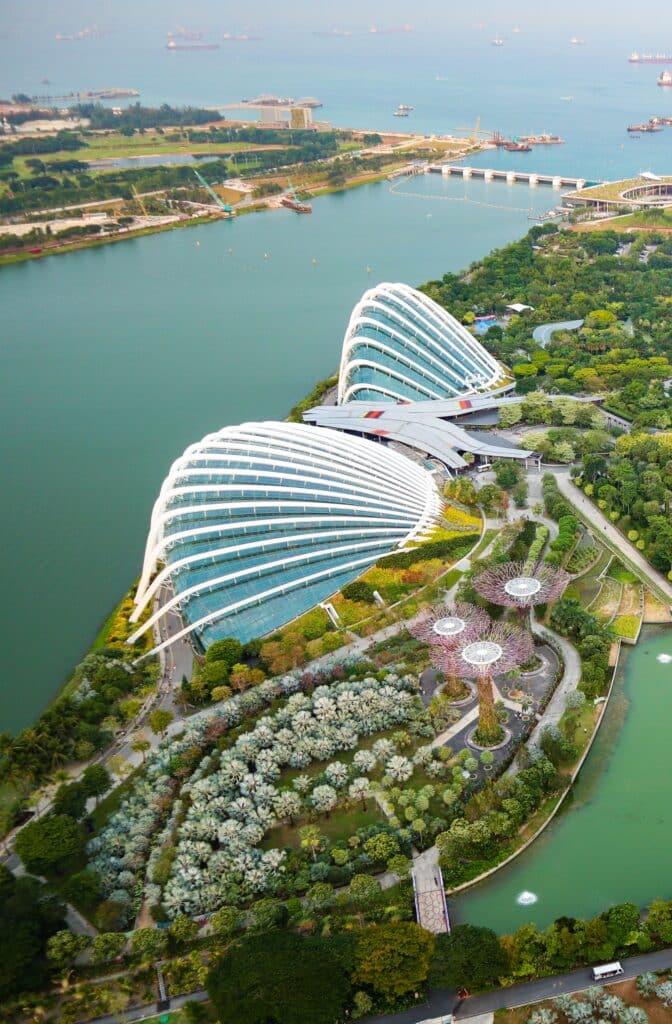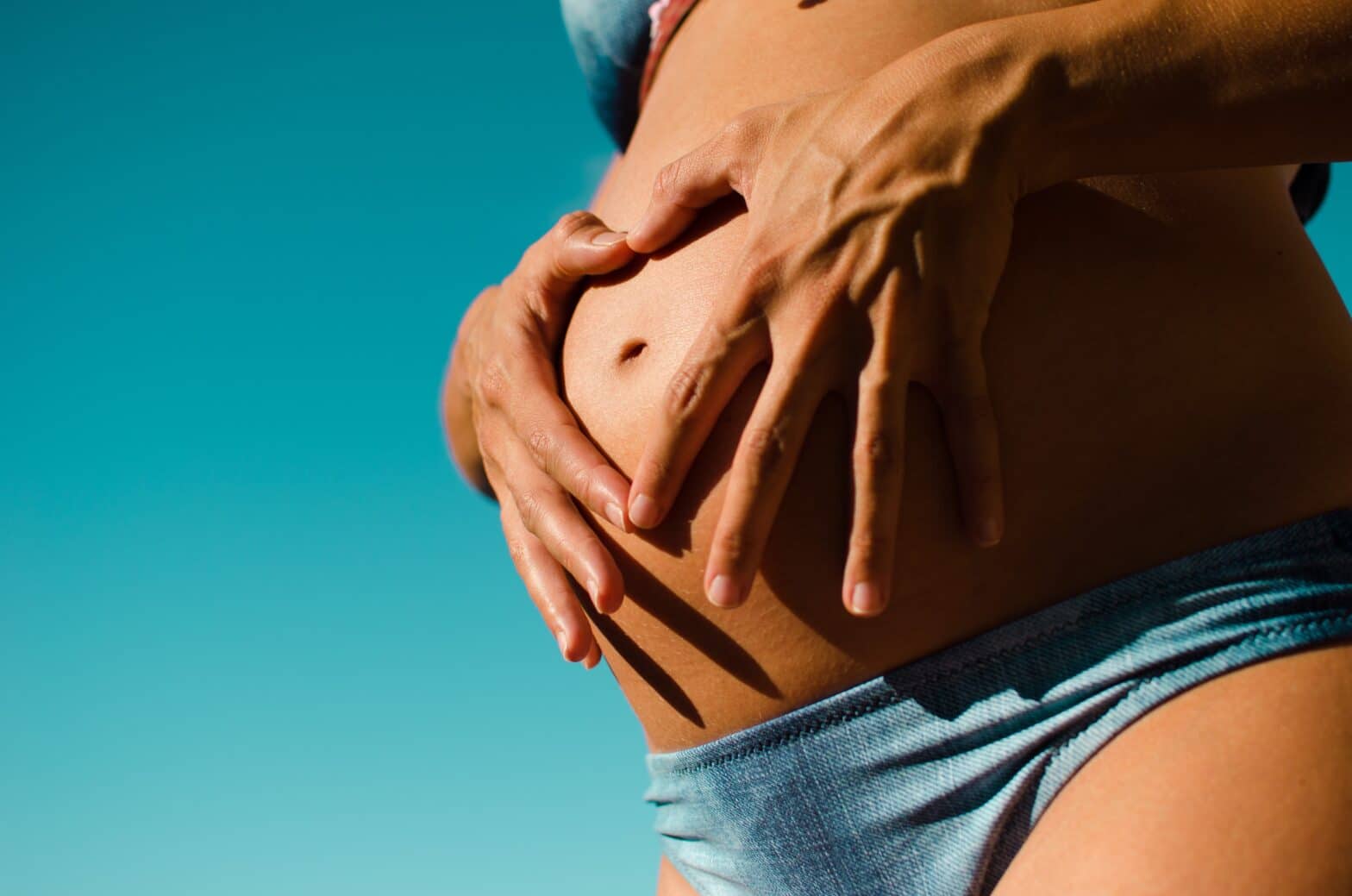For many expat couples, the adventure of expatriation often aligns with a new journey into parenthood. For individuals enchanted by South Asia and planning to start a family in this region, the subject of pregnancy brings up many important queries. What are the health risks? Why should you avoid the Zika virus? How can you maintain a healthy diet?
We’ve put together a guide encompassing all the useful advice if you’re planning to be pregnant during your expatriation in Asia.
Becoming Pregnant as an Expat Woman in South Asia
Feeling stressed about becoming a parent abroad? This reaction is entirely understandable. Preparing for a pregnancy is naturally a source of uncertainty for all expectant mothers, especially when you’re not familiar with your new environment. Being pregnant in Asia shouldn’t be more stressful than a pregnancy in your home country. However, this requires taking specific precautions and acquiring information beforehand.
The cultural aspect is significant, as it can indirectly impact your maternity experience. The arrival of a child in a family is influenced by traditions and practices that vary from country to country. In China, for example, the mother’s postnatal recovery is considered almost a spiritual practice (Zuò yuè zi), deeply embedded in traditions for thousands of years, offering benefits to both the newborn and the mother.

Another aspect to take into account is parental and maternity leave, which varies from country to country. The conditions and policies regarding parental leave can significantly impact the mental health of women and their partners. In India, mothers are entitled to a maternity leave of 26 weeks, making it one of the most generous countries in South and East Asia.
For women working in local companies, it can also be reassuring to benefit from protection against dismissal. For example, in Vietnam, it is prohibited to terminate the employment of a female worker during the year following her return to work.
Access to Healthcare and Health Systems in South Asia
Access to maternity care in South Asia depends on each country’s level of development and modernity in terms of equipment and infrastructure.
Maternal Mortality
Reducing maternal mortality and improving maternal health are major priorities for the World Health Organization (WHO) in this part of the world. Especially in remote regions of South Asia at higher risk, where the quality of care is insufficient, and the staff is less qualified.
If you live in such a region and are planning a pregnancy, thoroughly research the nearest medical centers closest to your home. Focus on private facilities, more likely to offer better services. Compare their approach to prenatal and postpartum care to ensure that it aligns with your expectations and preferences. If not, consider traveling to another region with better maternity care. You may also consider returning to your home country for a certain period, if your lifestyle and situation allow it.

The Importance of Health Insurance
It’s a well-known rule for expatriate health insurance: there is usually a waiting period of 9 to 12 months for maternity coverage. This encourages future parents to plan conception a year in advance to fully benefit from maternity coverage. Anticipation is essential for any expat considering a baby project!
The Cost of Childbirth
Beyond waiting periods, take the time to review the insurance contract conditions, such as coverage limits. Pregnancy in South Asia can incur significant costs, though these vary depending on the region, infrastructure, and required care. Regarding childbirth expenses, Hong Kong tops the list (around $12,000 for a natural delivery versus $16,000 for a caesarean). In Thailand and the Philippines, childbirth is more affordable (averaging $2000 for a natural delivery and $2800 for a caesarean), but there might be compromises in service quality and hygiene standards. To avoid risks (such as infection), carefully choose your maternity facility.
Health Tips and Recommendations
Whether you’re planning a pregnancy or already pregnant in an Asian country, here are some pointsto bear in mind:
- Zika Virus: This virus, mainly prevalent in Africa and Asia, can have severe consequences if transmitted to the fetus by the pregnant woman. It can cause severe anomalies and malformations like microcephaly. It spreads through bites from Aedes mosquitoes. Authorities generally advise pregnant women not to travel to areas with a significant epidemic risk, as there is currently no vaccine or treatment for the Zika virus. The only way to protect yourself is to avoid mosquito bites.
- Nutrition: If you have the opportunity to attend maternity preparation classes, it could be useful, as they cover a wide range of topics such as nutrition during pregnancy. In South Asia, wherever you are expatriated, you should not encounter difficulties in consuming a healthy and appropriate diet. However, take extra precautions by thoroughly washing ingredients with purified water before cooking, especially in countries with unsafe tap water.
- Choosing a Doctor and the language Barrier: For a smooth experience, the trust you build with your doctor is crucial. Don’t hesitate to seek recommendations from other expats in your country of residence. Moreover, local doctors are often able to introduce you to other colleagues, especially if you encounter communication problems and language barriers.
Country Focus: Pregnancy in Singapore

If, like many of our clients, you choose to have children in Singapore, here are some tips you may find useful.
Firstly, having a baby in the Lion City comes at a cost (this also applies to other highly developed countries in South Asia like Hong Kong). Whether you opt for a public or private hospital, a natural delivery will cost a minimum of $5,000, and up to $12,000 for a caesarean in a private establishment. The country also offers maternity packages, including a series of visits and medical treatments you’ll need for a worry-free pregnancy. According to gynecologists, these packages hover around a budget of $3,000-$4,000.
As an expat in Singapore, you are eligible for 12 weeks of maternity leave. This duration can be extended to 16 weeks if you meet all the criteria, such as being employed for more than 3 months by the same employer, being married to the child’s father, and if the child is registered as a Singaporean citizen.
Finally, you can rest assured about the level of quality. As reflected in Singapore’s excellent healthcare system, the country’s gynecological services are highly efficient, and the staff is available to answer your questions. Many additional services are offered, such as a doula or nurse, prenatal yoga classes, and preparation classes with other moms. Being pregnant in Singapore should go smoothly!
Foyer Global Health assists expat parents-to-be seeking health coverage tailored to the needs of pregnant women, including coverage for maternity and newborn care. It also covers complications after childbirth. You also have access to all healthcare facilities in South Asia and worldwide. Find out more about our health insurance for expats


